Bad Breath? Removing one of these root causes may be the answer! Facts on common causes, home remedies and simple prevention!
Typically, this smelly situation is rather harmless, and if anything it’s just inconvenient.
According to science, bad breath, or halitosis, occurs at the microbial level. Bad breath is a result of the bacteria in our mouths breaking down lingering food particles in between our teeth, on our gums and tongue. (1)
Coconut Oil has hundreds of health benefits - learn how you can experience them with our FREE guide to Coconut Oil & its benefits.
Click here to subscribe
When this happens, sulfuric compounds are released, giving off a bad odor and producing what we know as bad breath, or what medical practitioners refer to as halitosis. (2)
From a more holistic perspective, looking to the wisdom of Ayurveda (Ancient Indian Medicine) they would also agree with these statements. Practitioners of Ayurveda suspect that poor oral hygiene and surprisingly enough, poor digestive function, are the primary causes of bad breath.
Let’s explore these causes a bit more, along with 12 others. We will also look at some holistic solutions for overcoming bad breath.
14 Reasons You Might Have Bad Breath
1. You Just Woke Up

The bacteria in the mouth are quite awake, as well. This is due to the fact that saliva production dramatically slows during sleep. Because saliva has a major role in cleaning the mouth and keeping pathogens from thriving, there can be a buildup of bacteria after sleeping.
Solution
If this is the case, then have no fear, morning breath is completely normal for most people and can be reversed with simple morning oral hygiene practices like oil pulling. (3, 4, 5, 6, 7)
2. Mouth-Breathing

If the mouth is overly dry from mouth breathing, then it loses its ability to properly eliminate leftover food particles.
One German study actually showed that those who spent a lot of time in physical training were more likely to have cavities – which can be a cause of bad breath. The researchers considered that the heavy mouth breathing results in low saliva production.
Solution
While breathing may be simple, many people do it only automatically. Better to practice more conscious breathing, particularly during exercise. It’s best to take deep breaths from the diaphragm through the nose to avoid dry mouth. (8, 9)
3. Stinky Foods
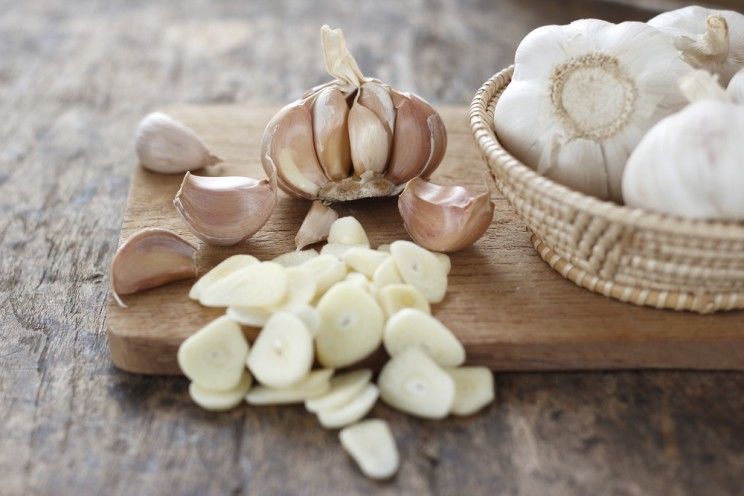
However, there are also other culprits, including certain spices and cruciferous veggies like cabbage, cauliflower, and Brussels sprouts. These foods are also high in sulfur, which can produce an unpleasant odor.
As we will discuss later, bad breath can stem from the digestive tract, so while these foods may not be unpleasant to taste, burping them up later can produce an off-putting sulfur smell. When you eat these particular foods, the sulfuric compounds are absorbed into the bloodstream then into the lungs, where they can be expelled even hours after consuming them. (10)
Solution
Chew sugar-free gum after a particularly stinky meal. This stimulates the production of saliva to prevent foul mouth odors.
4. Smoking
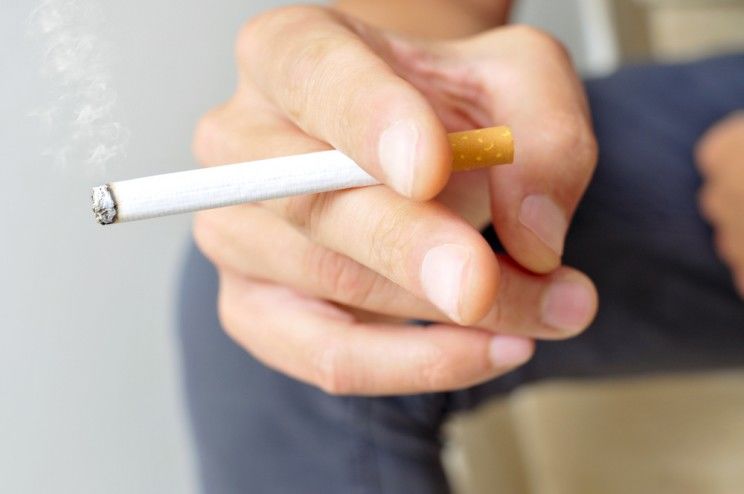
Solution
There are more serious reasons to quit smoking than bad breath. We’re not going to run down the laundry list of why it’s bad for your health but here is a good place to start if you’re trying to quit.
5. Medication
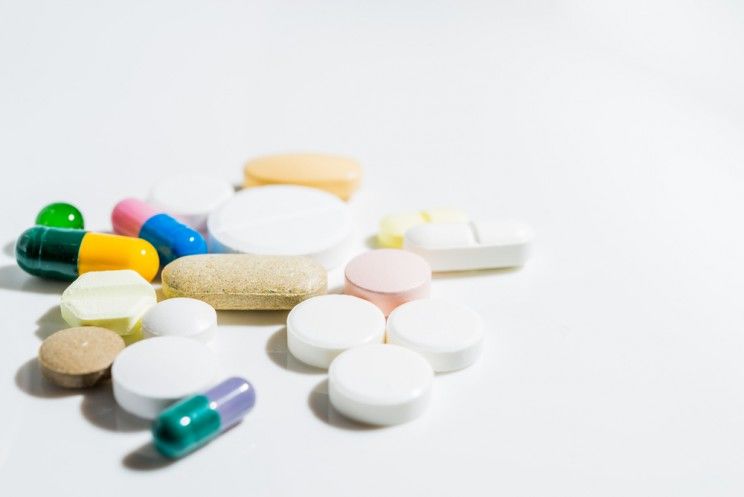
Solution
Since you can’t do anything about your medication regimen, try cleaning your tongue with either a toothbrush or a tongue scraper. According to the American Dental Association, your tongue harbors most of the bacteria that causes smelly breath, and scraping it off the surface may halt bad breath, at least temporarily.
6. Sinus Infection/Cold
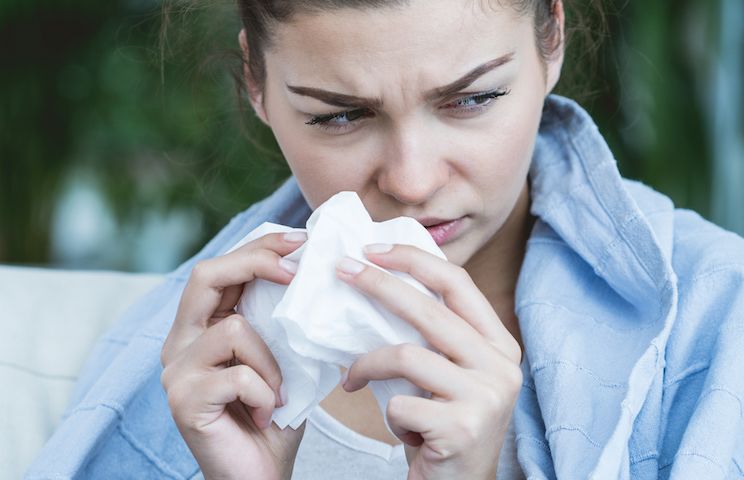
Those foreign particles eventually travel into your mouth, settle on the surface of your tongue, and in turn trigger bad breath, according to one 2012 review in the International Journal of Oral Science. As if a sore throat wasn’t bad enough.
Solution
Use a saline nasal wash to help clear your nasal passages but if the problem persists, see your doctor.
7. A Low-Carb Diet

However, it should also be noted that the low-fat dieters also confessed to more burping (and, um, farting.)
Solution
If a low-carb diet is working for you, sugar-free gum and drinking more water will help mask the order.
8. Cavities

Solution
For fresh breath, following proper oral hygiene habits is very important. Proper brushing, flossing, and tongue scraping are a few ways to prevent odor-inducing bacteria from building up on the teeth and tongue.
9. Dental Appliances
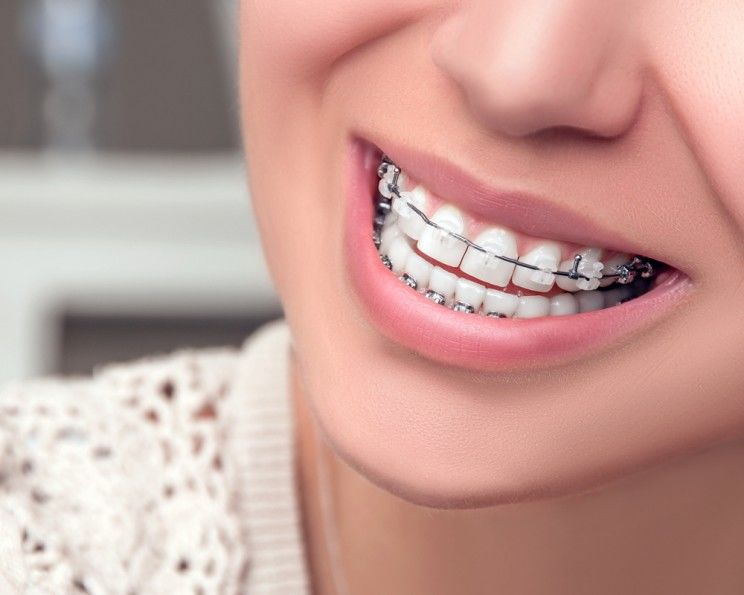
Solution
It’s important that you clean them every day, says Dr. Grbic, as they’re also prime magnets for food particles, which can become lodged in the material.
10. Alcohol

The study authors suspected that not only does booze dry out a person’s mouth, but that a certain odor is triggered when the body metabolizes alcohol.
Solution
If you tend to get unusually smelly breath after drinking, stick to a limit and don’t go past it. Also, a glass of water between drinks not helps keep bad breath at bay, but also helps control your alcohol intake by making you more full.
11. Heartburn or Acid Reflux

One 2007 study published in the journal Oral Diseases found that bad breath was more prevalent in people with GERD than those with other digestion problems, possibly because the disease may damage a person’s throat tissue.
Solution
Avoid foods that may aggravate acid reflux. This includes spicy foods, alcohol, fruit juices, and coffee. Eating foods that are rich in fiber also helps your digestion run well and prevent reflux. Instead of reaching for an overly sugary drink, drinking (still, not carbonated) water will be easier on your stomach and also help wash away stinky bacteria.
12. Strep Throat

Plus, some of these infections are also associated with specific types of bacteria that are known to produce a particularly bad odor in a person’s mouth.
Solution
To wash away bacteria lingering in your mouth, brush your teeth daily, scraping your tongue each time, and to gargle with water after each meal.
13. Poor Digestive Health
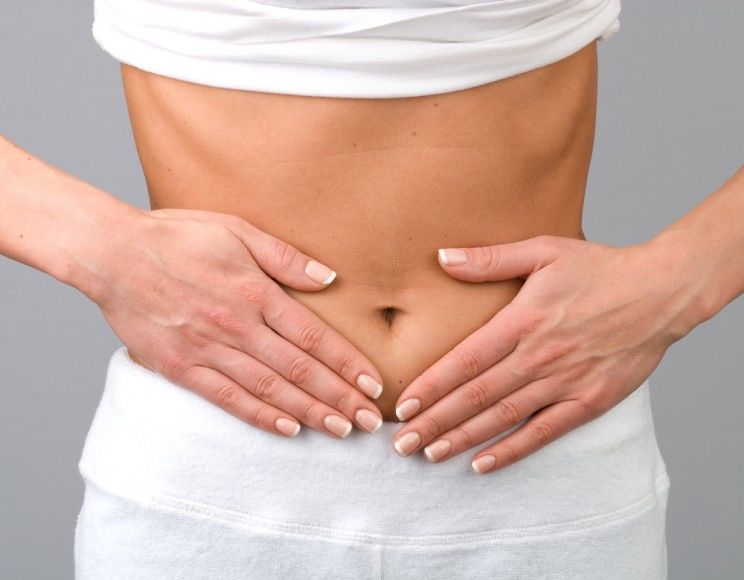
Studies show that an estimated 80 percent of your immune system is located in your gut. (14) The ratio of good and bad gut bacteria is a crucial indicator of the condition of your health.
Your gut should have a balance of somewhere near 85 percent good bacteria and 15 percent bad. (15) An imbalance between good and bad bacteria can predispose you to a wide number of health problems more serious than bad breath and body odor.
Having less-than-optimal gut flora can make you vulnerable to health conditions linked to bad breath. A fishy smell in the breath suggests kidney problems, while fruity-smelling breath may mean uncontrolled diabetes. (16)
Solution
This is why reseeding your gut with beneficial bacteria is essential for optimal health and disease prevention. But before I enumerate the steps that will help you achieve this, you must first understand how your diet plays a significant role in the imbalance of your gut flora. You can also try to supplement your diet with mushroom supplements.
14. Compromised Immunity
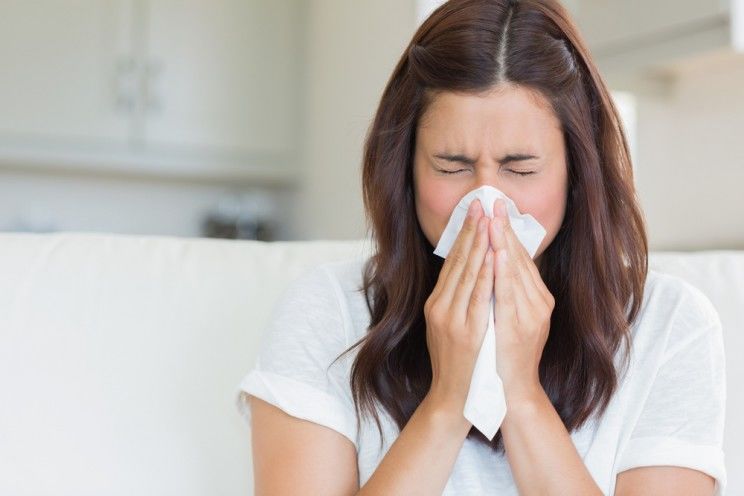
Many autoimmune disorders and any time of weakened immunity are connected to halitosis. (17) This is on the basis that bad bacteria in the mouth are not being handled properly by the immune system.
Solution
To say the least, there is a strong correlation between the immune system and dental health. If you suspect this is the case, then stick to building your immunity up with gentle exercise, good sleep, and other basic healthy lifestyle habits.

Homemade Breath Mints
Need a quick way to freshen up naturally? Try making your own chemical-free breath mints with just ten minutes of prep time! The coconut oil naturally helps to eliminate bacteria that causes bad breath, while fresh mint neutralizes odor.
Homemade Coconut Oil Breath Mints
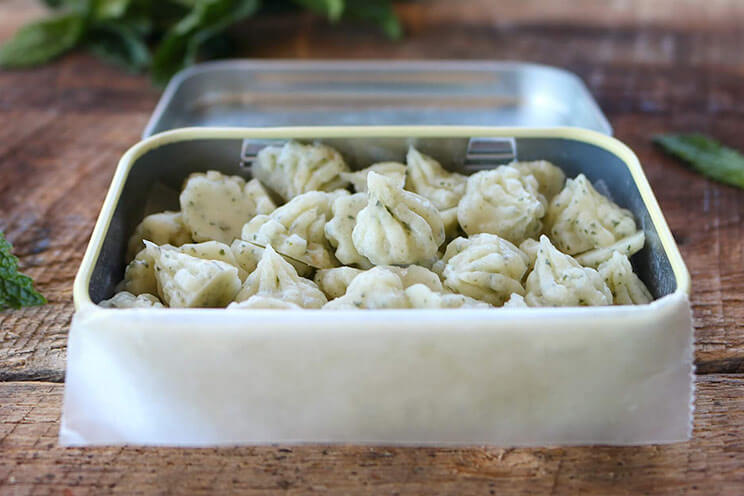

Homemade Coconut Oil Breath Mints
Tools
- Blender
- Small mixing bowl
- Baking sheet
- Wax paper
Ingredients
- 1/2 cup coconut oil, melted
- 2 T tapioca starch
- 2 t stevia powder
- 5 large mint leaves
- 1/8 t peppermint extract (optional)
Instructions
- Combine melted coconut oil and mint leaves in a high speed blender. Blend until completely combined.
- Transfer mint-coconut oil mixture to a small mixing bowl. Add in tapioca starch, stevia and peppermint extract and stir until thick and pasty.
- Line a baking sheet with wax paper. Pour mixture into a pastry bag or ziplock bag with end snipped. Squeeze onto a sheet of wax paper to form small dollops. Place in a cool spot to set for 20 minutes. Store in a dry and cool spot.
(Read This Next: The Complete Guide To Perfect Teeth)


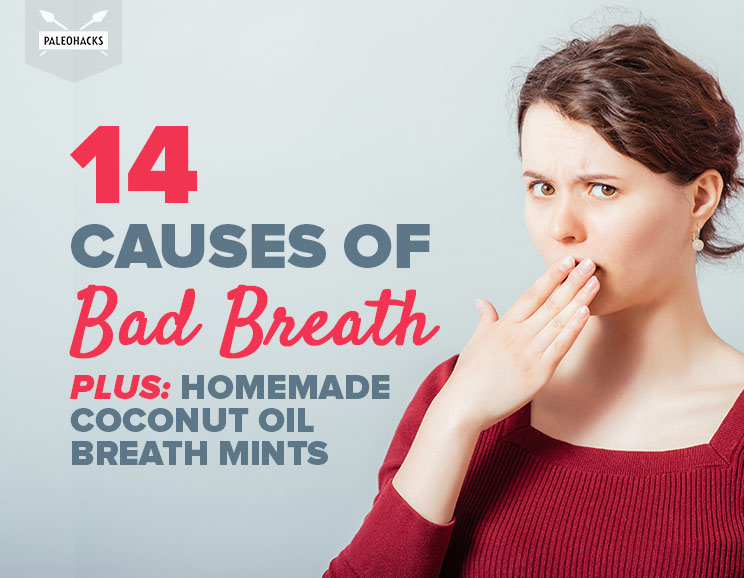





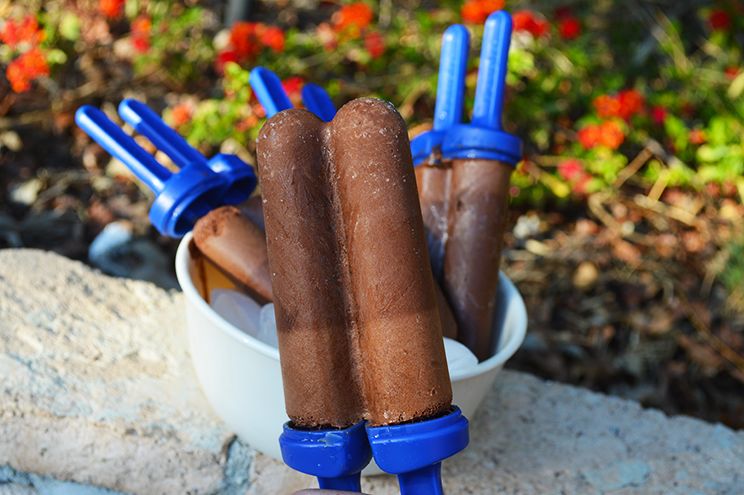 Frozen Hot Chocolate Popsicles
Frozen Hot Chocolate Popsicles
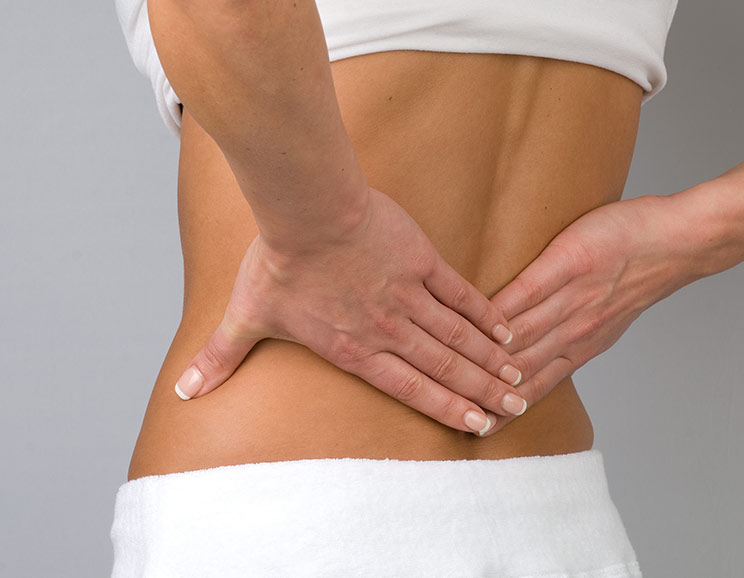


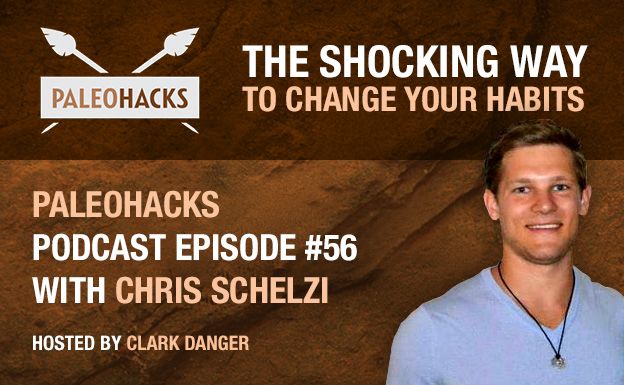
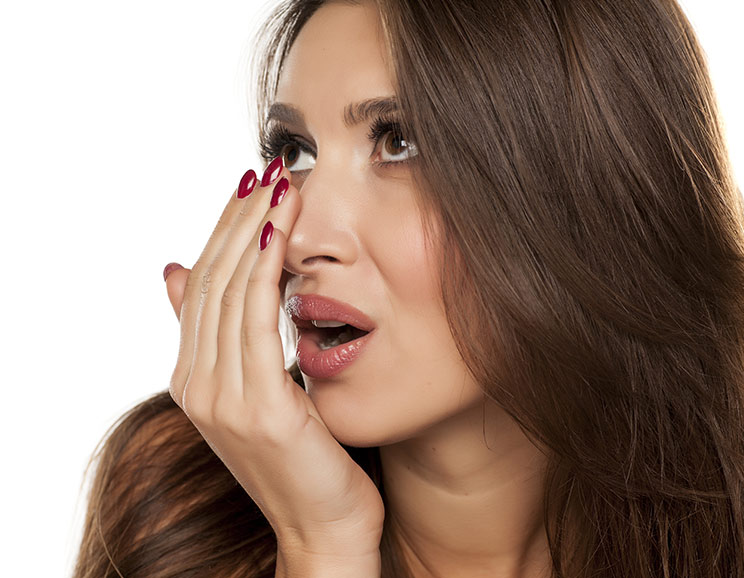
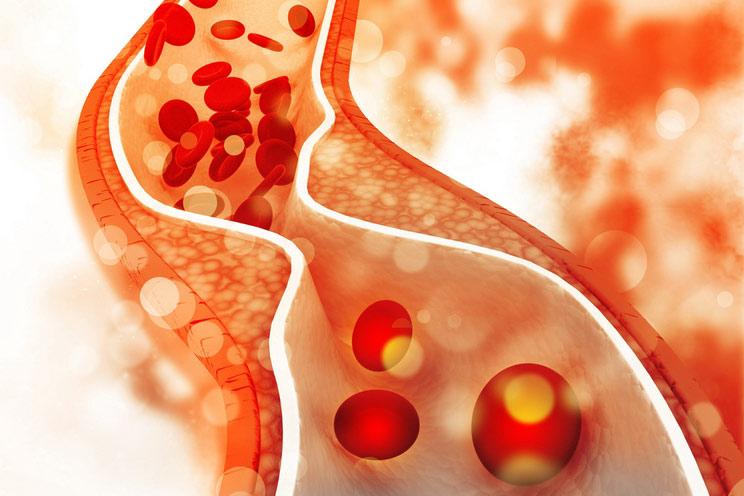

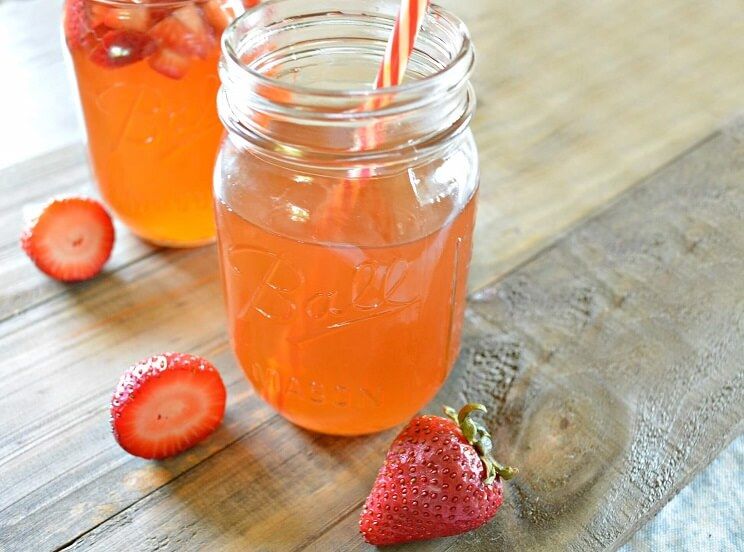

Show Comments